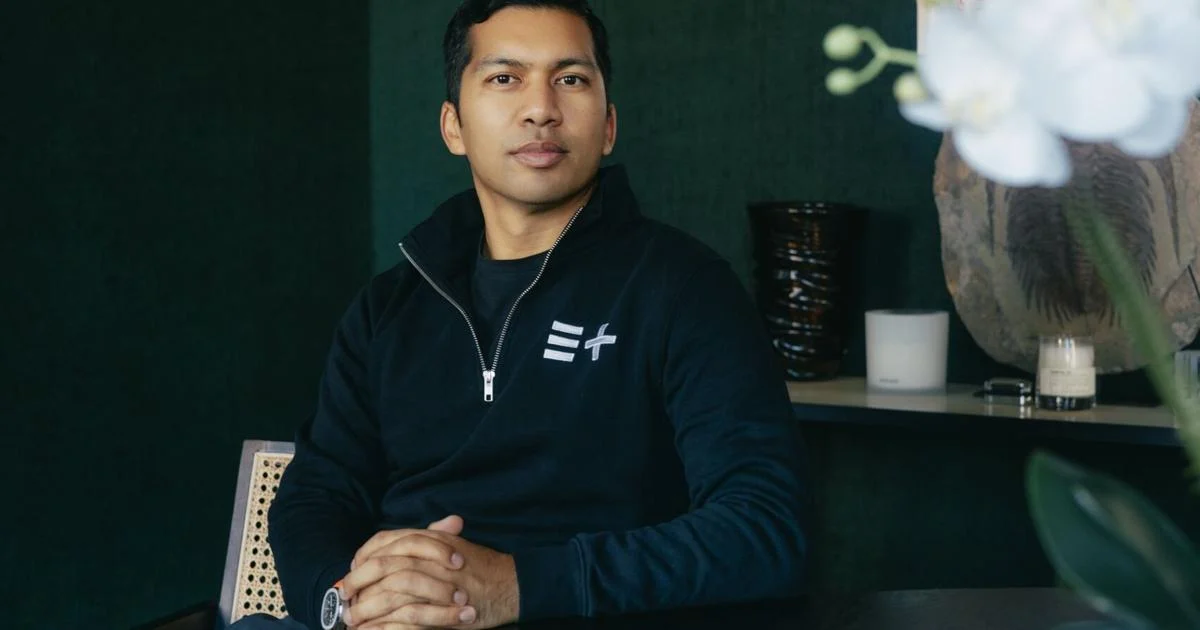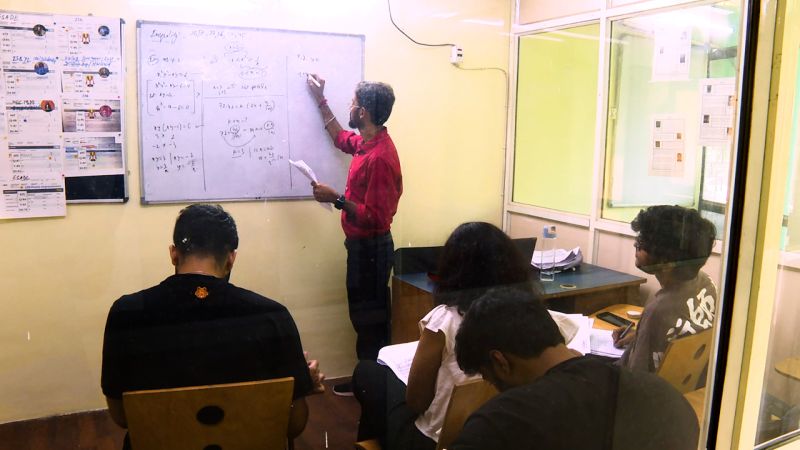Copyright thestar

The Enhanced Games, where athletes can use performance-enhancing drugs to “defy limits, rewrite records and reimagine the future of sport,” have been widely vilified in Olympic circles. But Ira Jacobs, director of the Tanenbaum Institute for Science in Sport at the University of Toronto, had no qualms about inviting the event’s founder, Aron D’Souza, to speak at a conference last month dedicated to research on improving athlete wellness, performance and safety. Jacobs says he doesn’t know if the Enhanced Games will even go ahead as planned in Las Vegas in May, or if there will be enough athletes for worthwhile study, “but I don’t want to stick our heads in the sand and pretend that it’s not happening and not take advantage of an opportunity (to learn).” As it turned out, D’Souza cancelled at the last minute and conference attendees, which included sports scientists and medical experts working with the Raptors, Blue Jays, Major League Soccer and Olympic and Paralympic athletes, made do with a pre-recorded video of D’Souza talking to Jacobs. D’Souza claimed that nearly half of all athletes are doping and nearly a third of “Olympic doctors” are willing to administer performance-enhancing drugs. He said McDonald’s and Coca-Cola, past and present Olympic sponsors, “have done more damage to the public health than any other (organization) in the totality of human history” and yet drugs that can improve health have been “demonized.” “We want to take doping out of the shadows, out of the media hysterics and bring it into the light so that everyone has the opportunity to learn and benefit from these compounds,” D’Souza said. The session was light on science and, as Jacobs put it, heavy on “attacks and aggression” toward the International Olympic Committee. “Sometimes you don’t get what you would expect,” Jacobs said. “I don’t think it hit the target.” In remarks to open the conference, Adam van Koeverden, Canada’s secretary of state for sport and a four-time Olympic kayak medallist, said there are “movements afoot right now to delegitimize what we’ve all thought of as integrity in sport. Competing in a clean environment, in an environment that has integrity, (where) we all agree on rules that don’t just protect sport, they also protect athletes from exploitation and the harms of cheating in various ways — it’s really, really important. I’m going to stand strong for that value and I hope all of us can do the same.” Plans for the Enhanced Games have changed since they were first announced in 2023. With combat sports and gymnastics dropped, what’s left are a few events in swimming, running and weightlifting. Winners are expected to get $250,000 (U.S.) plus a $1-million bonus if they break world records in the 100-metre sprint and 50-metre freestyle in the pool. There was talk of thousands of athletes competing, but so far just 11 have been announced: 10 men (seven swimmers, two weightlifters, one runner) and one woman (a swimmer). The highest profile athletes, added in September, are American sprinter Fred Kerley, the 2022 world champion over 100 metres now serving a ban for missed drug tests, and British swimmer Ben Proud, a silver medallist at the Paris Olympics. The first Canadian participant was also announced late last month: Boady Santavy, a two-time Olympic weightlifter from Sarnia, Ont. Early messaging about a doping free-for-all — or “juice to the gills,” as the first athlete to sign on put it — has been scaled back. Organizers are now touting a medical commission to monitor athlete health and “any potential risks associated with enhanced performance.” And “enhanced” is optional, with clean athletes apparently welcome to challenge those who take performance-enhancing drugs. None of the changes have swayed the IOC, its athletes commission, anti-doping agencies and international organizations who have called the Enhanced Games “irresponsible” and “immoral” to a “dangerous clown show” and an attack on “the very ethos of sport.” While the sporting world is focused on the health of athletes and concerns about damaging the reputation of sports — many of which have worked for decades to regain the public’s trust after doping scandals — the main mission “to redefine super humanity” goes well beyond sport to the idea that performance-enhancing drugs could be biohacking tools for the broader public to look, feel and perform better. D’Souza said they are a “pharmaceutical company” and their business model is similar to Red Bull, which uses investment in sports teams and events to sell energy drinks. The Enhanced Games website already includes online testosterone sales for “high performers who refuse to feel average.” “I want to see a world in which we all have the opportunity to overcome our biological limits, not just athletes,” D’Souza said, noting that the key components athletes will take are steroids, testosterone and EPO. “When we see a 30-year-old break Usain Bolt’s world record, a 40-year-old can swim faster than anyone has ever swam, every middle-aged person, middle-aged man in high-income countries like America are going to say, ‘What is that guy on and how do I get it?’” If breaking world records will be the marketing tool to sell drugs, D’Souza also thinks it will bring down the Olympics, which he slams for hypocrisy and not paying athletes. Many Olympic athletes share some of his concerns about money, but they don’t land on the same answer. Race walker Evan Dunfee is perhaps the quintessential Canadian Olympic athlete: athletically excellent but unsponsored and competing in an event rarely watched outside the Games. He was also famous for his anti-doping efforts, exposing Russians who were competing while banned based on the model of their shoes, long before he was winning medals on the international scene. “The general concept is just ridiculous, it’s just insane,” Dunfee said of the Enhanced Games shortly after winning gold at the world championships in Tokyo. “My prognostication is that it will fail, but it will do damage to clean athletes’ ability to be the role models that we can be in the process of it failing.”



